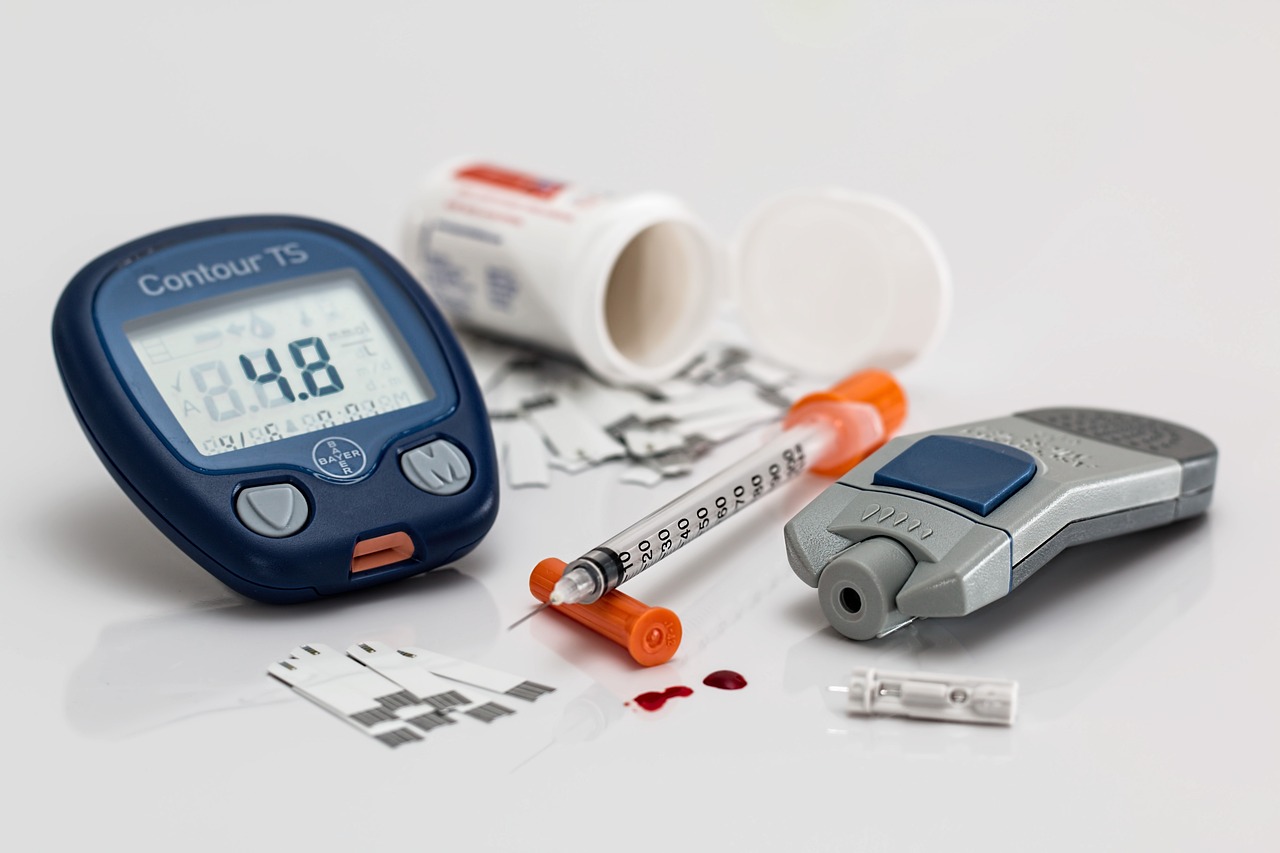Understanding Diabetes: A Comprehensive Overview
Diabetes is a chronic medical condition characterized by elevated levels of glucose (sugar) in the blood. It occurs when the body either does not produce enough insulin or cannot effectively use the insulin it produces. Insulin, a hormone produced by the pancreas, is essential for regulating blood glucose levels. Over time, unmanaged diabetes can lead to serious health complications, affecting various organs and systems in the body.Complications of Diabetes

Diabetes is a chronic condition that can lead to a variety of complications affecting multiple organ systems in the body. These complications can be classified into two main categories: microvascular and macrovascular complications. Understanding these complications is crucial for managing diabetes effectively and minimizing health risks.
Types of Complications
1. Microvascular Complications
Microvascular complications are related to damage to small blood vessels and include:
- Diabetic Retinopathy: Damage to the retina can lead to vision loss and blindness due to the growth of fragile blood vessels in the eye.
- Diabetic Nephropathy: Damage to the kidneys can result in chronic kidney disease and may require dialysis or kidney transplantation.
- Diabetic Neuropathy: Nerve damage can cause pain, tingling, and loss of sensation, particularly in the feet, increasing the risk of foot ulcers and infections.
2. Macrovascular Complications
Macrovascular complications involve larger blood vessels and can lead to serious cardiovascular issues:
- Cardiovascular Disease: Individuals with diabetes are at higher risk for heart attacks and strokes due to atherosclerosis (narrowing of the arteries).
- Peripheral Vascular Disease: Poor circulation can lead to leg pain, ulcers, and even amputations due to reduced blood flow.
3. Other Complications
In addition to microvascular and macrovascular issues, diabetes can lead to other complications such as:
- Skin Problems: Increased susceptibility to infections and skin conditions such as fungal infections.
- Dental Issues: Higher risk of gum disease and tooth loss due to poor blood sugar control.
- Digestive Problems: Gastrointestinal issues, including gastroparesis (delayed stomach emptying), can occur.
- Sexual Dysfunction: Erectile dysfunction is common in men with diabetes due to nerve damage and reduced blood flow.
Conclusion
The complications associated with diabetes can significantly impair quality of life and lead to long-term health issues. Effective management of blood sugar levels through lifestyle changes, regular monitoring, and medical care is essential to reduce the risk of these complications. Awareness and early intervention can help individuals with diabetes maintain their health and well-being.
